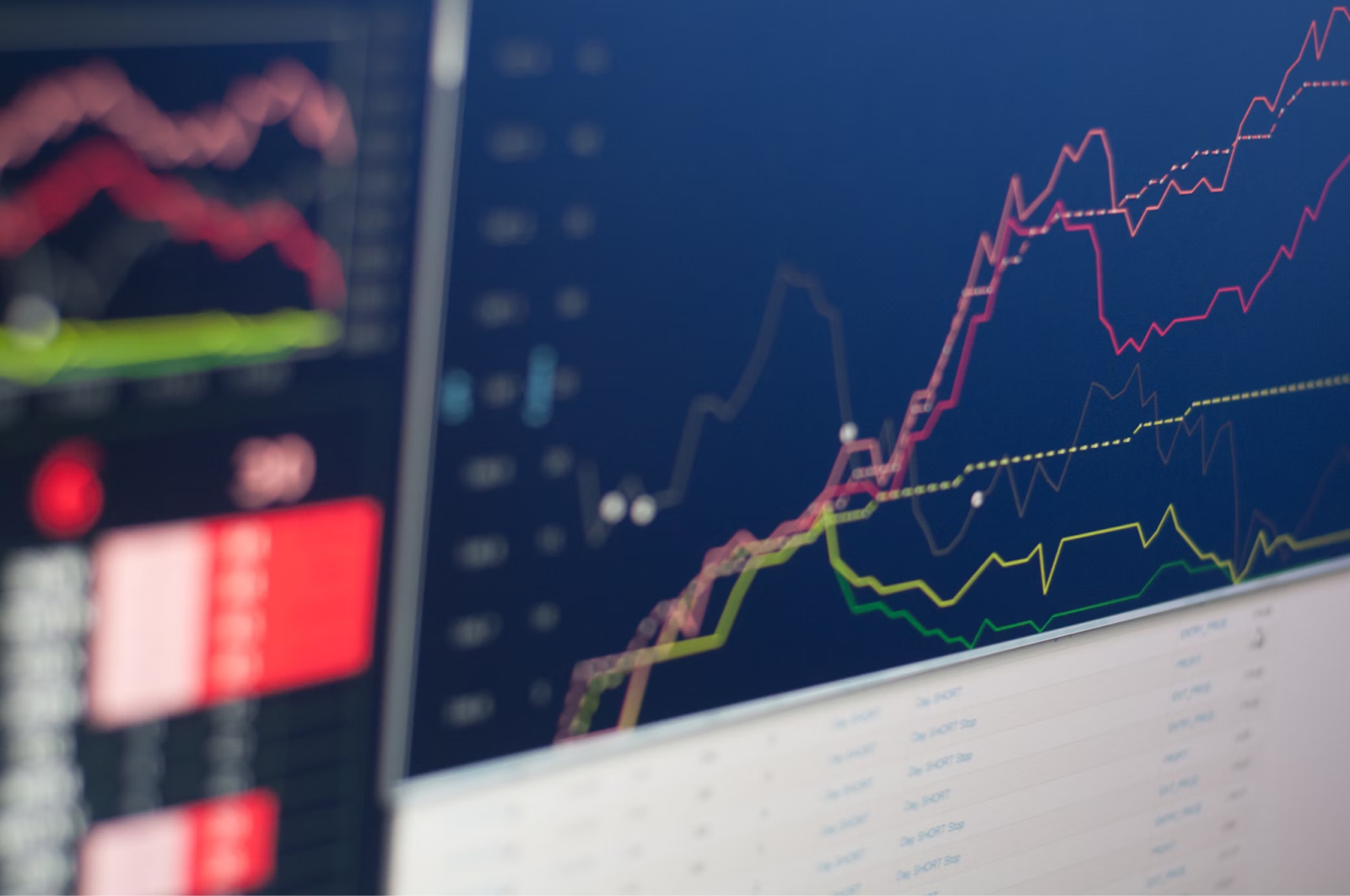Bitcoin
Bitcoin CPI
Venture Portfolio
Funds
Market Insights
Indicators
About
Contact

May 25, 2024





Crypto derivatives are playing an increasingly important role in the global crypto markets, with a substantial part of Bitcoin trading volumes attributable to the derivatives market.
This guide explains what crypto derivatives are, their different types and uses, and their role in the crypto market.
Crypto derivatives are tradable investment contracts that derive their value from underlying cryptocurrency assets. A derivatives contract allows a trader to gain exposure to the price movement of a cryptocurrency without actually owning the underlying asset.
Cryptocurrency derivatives involve two parties entering a contract specifying the conditions for the sale or purchase of the underlying asset. Often, the counterparty is a financial institution or crypto derivatives exchange that agrees on a payout depending on the performance of the underlying digital asset.
The following are the main components of a crypto derivatives contract:
Crypto derivatives trading mainly involves three primary instruments: futures, options, and perpetual swaps. Each offers distinct features and applications.
Futures are crypto derivatives contracts in which traders can buy or sell the underlying asset at a specified fixed price on a predetermined future date.
Using crypto futures contracts, traders can place a bet on how they think a cryptocurrency's price will change in the future. A trader could take a long (buy) or short (sell) position depending on their price prediction. The difference between the pre-set and market prices at the contract's expiration determines whether the trader makes a profit or a loss.
Options are a type of derivative contract where a trader has the right, but not the obligation, to buy or sell an underlying cryptocurrency at a future predetermined price.
The buyer enjoys the right to transact, but the seller is responsible for fulfilling their obligation if the option holder exercises their right. The main difference between options and futures is that the former is more flexible since there's no obligation to fulfill. If the option doesn't make money, you're not obliged to exercise it, and you will only lose the price you paid for the options contract (also known as the premium).
Perpetual swaps are crypto derivatives contracts that are similar to futures contracts but without an expiration date.
Perpetual swaps use a funding rate mechanism to guarantee that the contract's price remains equal (or very close) to that of the underlying asset. The system also ensures that swaps are anchored to their underlying asset.
The difference between the contract's trading price and the underlying cryptocurrency's spot price determines the funding rate. The structure offers incentives for the less popular market side to help balance the demand for long and short positions.
For instance, if a perpetual swap's price becomes higher than the underlying crypto asset's spot price, a long position holder is charged the funding rate, which they pay the trader holding a short position.

Crypto derivatives trading involves balancing high-reward opportunities and significant risks. The complexities involved demand an understanding of cryptocurrencies' nature and a careful trading strategy.
Here are some of the advantages and disadvantages associated with trading crypto derivatives:
Crypto derivatives are an integral part of the global crypto markets and are contributing towards its recognition as a legitimate asset class.
Let’s take a look at what impact derivatives trading has on the overall crypto market.
Liquidity plays a vital role in any financial market. Robust liquidity ensures assets are more accessible to buyers and sellers, while an illiquid market leads to fewer market participants and fewer transactions.
Crypto derivatives contribute to market liquidity and influence the ease of trading crypto. The availability of counterparties in liquid markets, due to lower risks, attracts more traders and investors, leading to lesser slippage, lower transaction costs, and more favorable market conditions.
A robust crypto derivatives market attracts institutional investors and professional traders, serving as a shield against risks associated with high volatility. Derivatives can also be used as tools for gauging market sentiment and forecasting risk. For instance, during times of high market stress, the prices of options may rise significantly as traders seek to hedge their portfolios against potential downturns.
Crypto derivatives improve price discovery by allowing traders to take long or short positions based on their market outlook. This dual capability helps in reflecting a wider array of market sentiments and expectations, leading to better price reliability. Enhanced price discovery mechanisms can instill greater confidence in the crypto market by ensuring prices more accurately reflect the underlying supply and demand.
Crypto derivative trading is now an integral part of the digital assets market. It offers investors and traders the chance to speculate on price movements and hedge against certain market or pricing risks.
As the crypto market grows, crypto derivatives will continue to play a significant role in improving market efficiency, enhancing liquidity, and increasing accessibility for institutional investors.
That said, digital asset derivatives are risky financial products that require a comprehensive understanding of financial derivatives, thier risk profiles, as well as the underlying crypto assets. Investors are encouraged to conduct their own research before making any investments in the crypto derivatives market.
Perpetual swaps, options, and futures contracts are among the most common types of crypto derivatives. Each has unique characteristics and trading strategies. All crypto derivatives derive their value from the underlying digital assets.
Yes, there are different types of futures contracts for Bitcoin. Bitcoin-based derivatives include options, futures, and swaps that enable investors to hedge positions and bet on Bitcoin price movements with leverage.